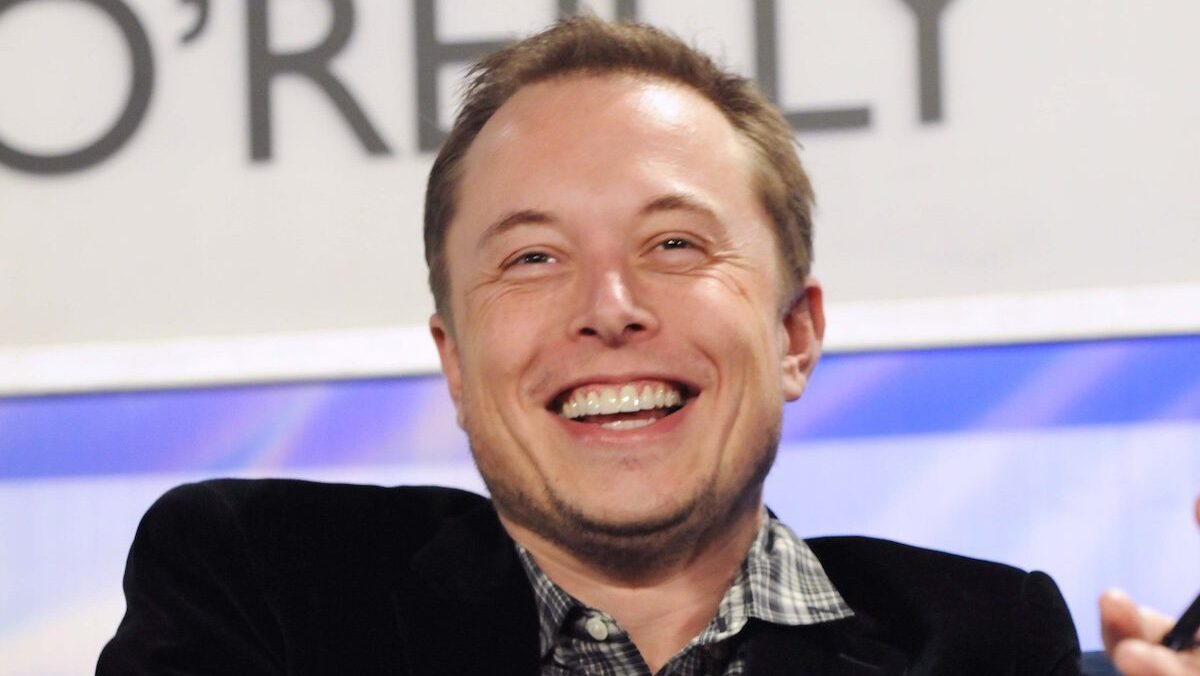
Elon Musk
Photo: JD Lasica from Pleasanton, CA, U.S., CC BY 2.0, via Wikimedia Commons
Speculation is running wild that U.S. tech millionaire Elon Musk is set to support Reform UK with a major donation—the biggest in British political history—according to The Telegraph. Party leader Nigel Farage and treasurer Nick Candy met with Musk on Monday, December 17th, at Mar-a-Lago, President-elect Donald Trump’s Florida home.
As the meeting concluded, it was apparent that Musk would be backing Britain’s leading populist insurgents. Immediately afterwards, the question arose of how much financial support this would entail, with speculation peaking at an estimated $100 million (€953,400 million).
Afterwards, Reform leader Mr Farage, wrote in The Telegraph that Musk
left us in no doubt that he is right behind us.
Ongoing negotiations about any financial contribution would have to reflect the fact that, as an American citizen, Musk cannot legally donate directly to a British political party. Any monies would likely be transferred over from the UK-based offshoot of X, formerly Twitter.
Pending local authority (municipal) elections across Britain next year could be shaken up, if they go ahead, by the injection of just part of the rumoured £78 million into Reform’s coffers.
Gawain Towler, former Director of Communications for Reform UK, the Brexit Party and the UK Independence Party, told The European Conservative:
This is very significant because money begets money. Now Nick Candy has kickstarted this process, money goes where it knows: donors who are tempted will want to feel like their funds are not being wasted. Now Musk is involved, because he sees the opportunities presented by fellow disruptors.
Whether with wrap-around political advertising in newspapers or reaching out through TikTok, Farage has previous experience of innovative electoral communication. Potentially, he could now buy a lot more of it. Ironically, rumours of a huge donation—an amount Towler would have previously considered a “pipe-dream” for his colleagues—were followed by a hit-piece in The Sunday Times that might have actually provoked Musk into promising a donation.
While the usual suspects whine about the possibility of an astronomical cash injection into the veteran Brexiteer’s party, Towler states that they are missing the point. He notes that Reform volunteers typically get a lot of bang for their buck by campaigning on minimal resources, securing four million votes and five parliamentary seats in the general election this summer, all on a budget of around £1.5 million (€1.82m)—or what, compared to the other parties, Towler calls a “cobweb and three bits of string.”
The prospect of such a stunning boost to Reform UK’s coffers has prompted calls for greater regulation in British politics of donations allegedly from overseas. Such censure has been notably absent in response to money from the Gates or Soros foundations, but that’s par for the course.
Hence changes to the rules on public ‘short money’ paid to opposition parties after Farage’s predecessor in Clacton (2015-2017) and erstwhile ally, Douglas Carswell MP, was elected. Likewise, rules were changed in the Senedd (Welsh Parliament) when UKIP returned an MS. And, most likely, expect frustrating changes to local elections next year, where Reform is expected to perform well. Or as Towler argues:
Institutions change the rules to thwart Nigel Farage and especially his voters. With any new rule now, they may as well explicitly target US billionaires born in South Africa—or go the whole hog with a law on donations that specifies Musk by name!
Previously, the biggest single party donation in British history was £10 million (€12.11m), gifted to—some might say wasted on—the Conservative Party by Lord Sainsbury last year.
While in Mar-a-Lago, Farage also met with vice president-elect, J.D. Vance, reflecting the growing links between Reform UK and the incoming U.S. presidential administration.
